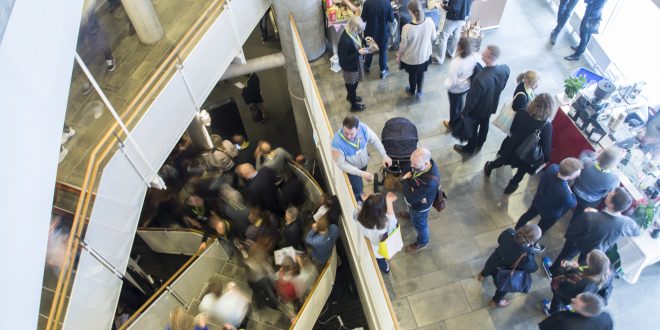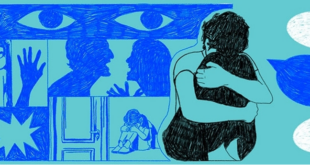A clinical protocol based on contemporary cognitive behavioral treatment for social anxiety was developed and examined. Previously published instructions for conducting a focus-of-attention behavioral experiment targeting self-focused attention and safety behaviors during exposure were used to create a structured protocol. Individuals (n = 45) with high levels of social anxiety and public-speaking anxiety were randomly assigned to either a focus-of-attention behavioral experiment (FABE) or an Exposure-Only Control (EOC) condition. During four exposure trials, those in the FABE condition (n = 24) were alternately instructed to engage in self-focused attention vs. externally focused attention and to eliminate safety behaviors. Those in the EOC condition (n = 21) were not so instructed. At post-intervention, individuals in the FABE condition showed significantly less self-focused attention and anxiety, and better observed performance as rated by audience members. Focus-of-attention statistically mediated the effect of condition on anxiety. For those in the FABE condition, the degree of association between focus-of-attention and anxiety during the intervention predicted less self-focused attention post-intervention. The FABE appears to be a useful procedure for implementing part of the contemporary cognitive behavioral treatment model.
Read the full paper: Renner, K. A., Valentiner, D. P., & Holzman, J. B. (2017). Focus-of-attention behavioral experiment: an examination of a therapeutic procedure to reduce social anxiety. Cognitive Behaviour Therapy, 46(1), 60-74. http://dx.doi.org/10.1080/16506073.2016.1225814
Photo by: Martine Kolstad / Nordiske Mediedager
 Cognitive Behaviour Therapy A peer reviewed, multidisciplinary journal devoted to the application of behavioural and cognitive sciences to clinical psychology and psychotherapy.
Cognitive Behaviour Therapy A peer reviewed, multidisciplinary journal devoted to the application of behavioural and cognitive sciences to clinical psychology and psychotherapy.




